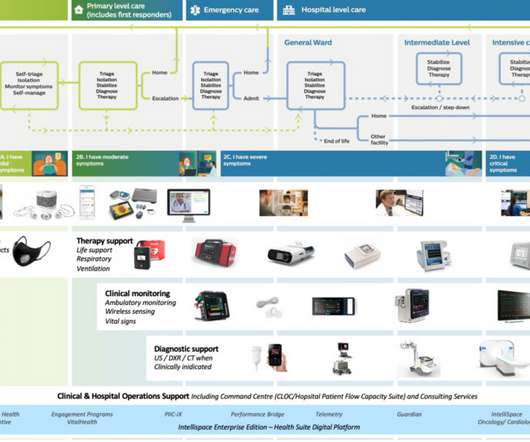Is A Health Unit Coordinator Job Hard?
We Care Online
JANUARY 15, 2025
Is it Hard to Be a Health Unit Coordinator? Becoming a Health Unit Coordinator (HUC) is a challenging career that comes with many rewards. Is A Health Unit Coordinator Hard What Does a Health Unit Coordinator Do? Managing admissions, transfers and discharges. Common tasks include: Managing patient records.












Let's personalize your content